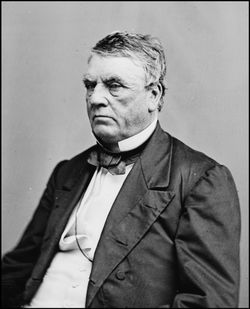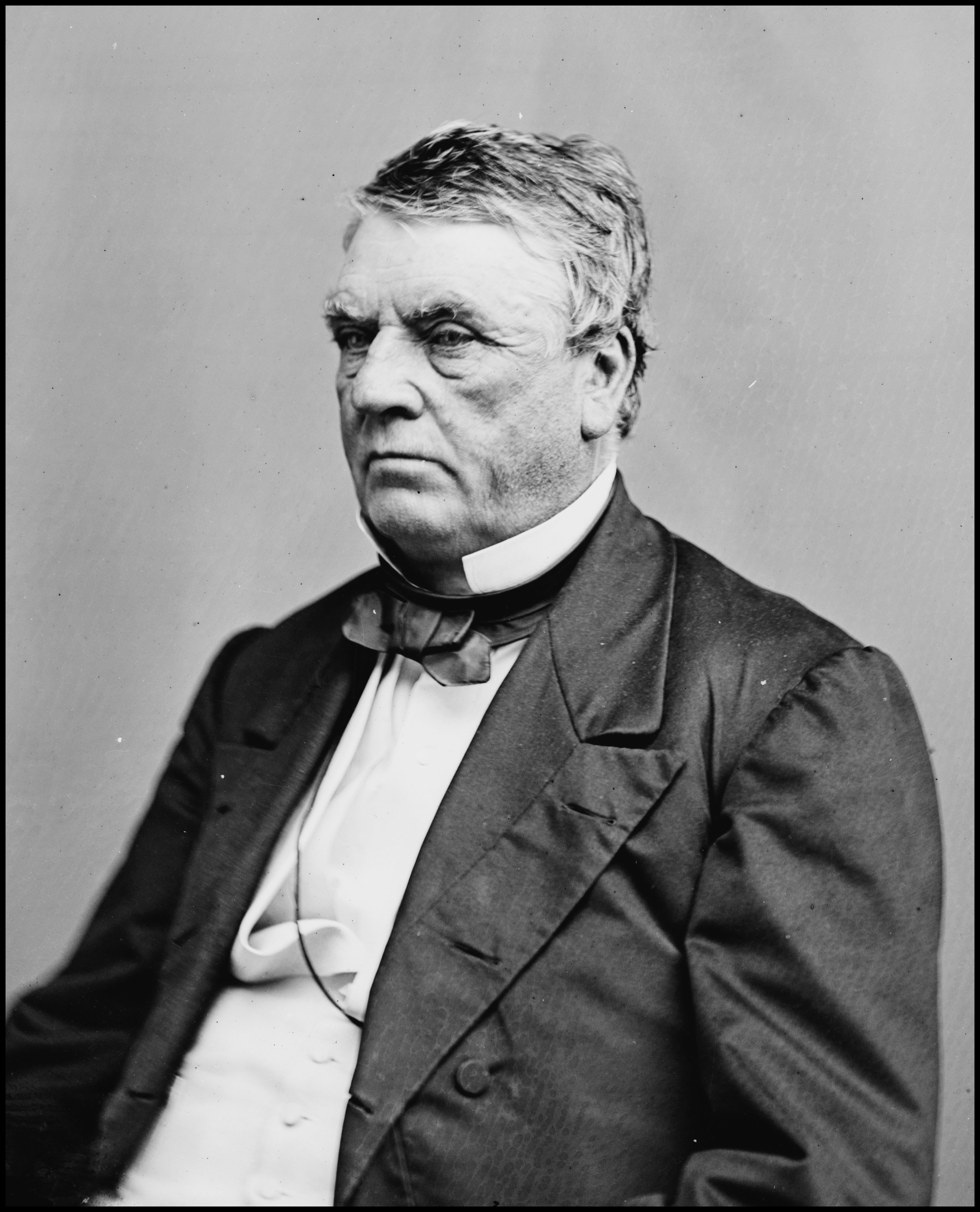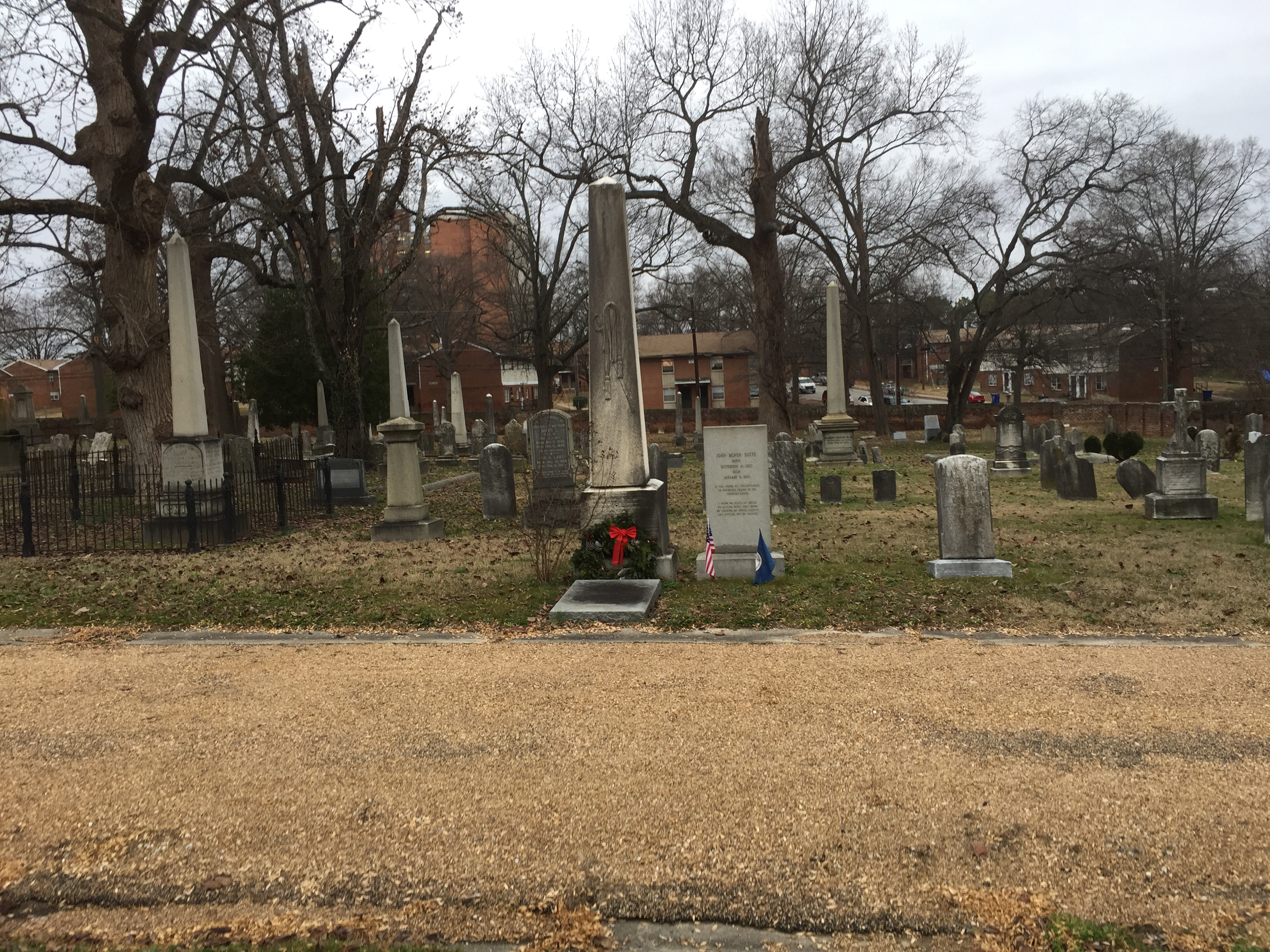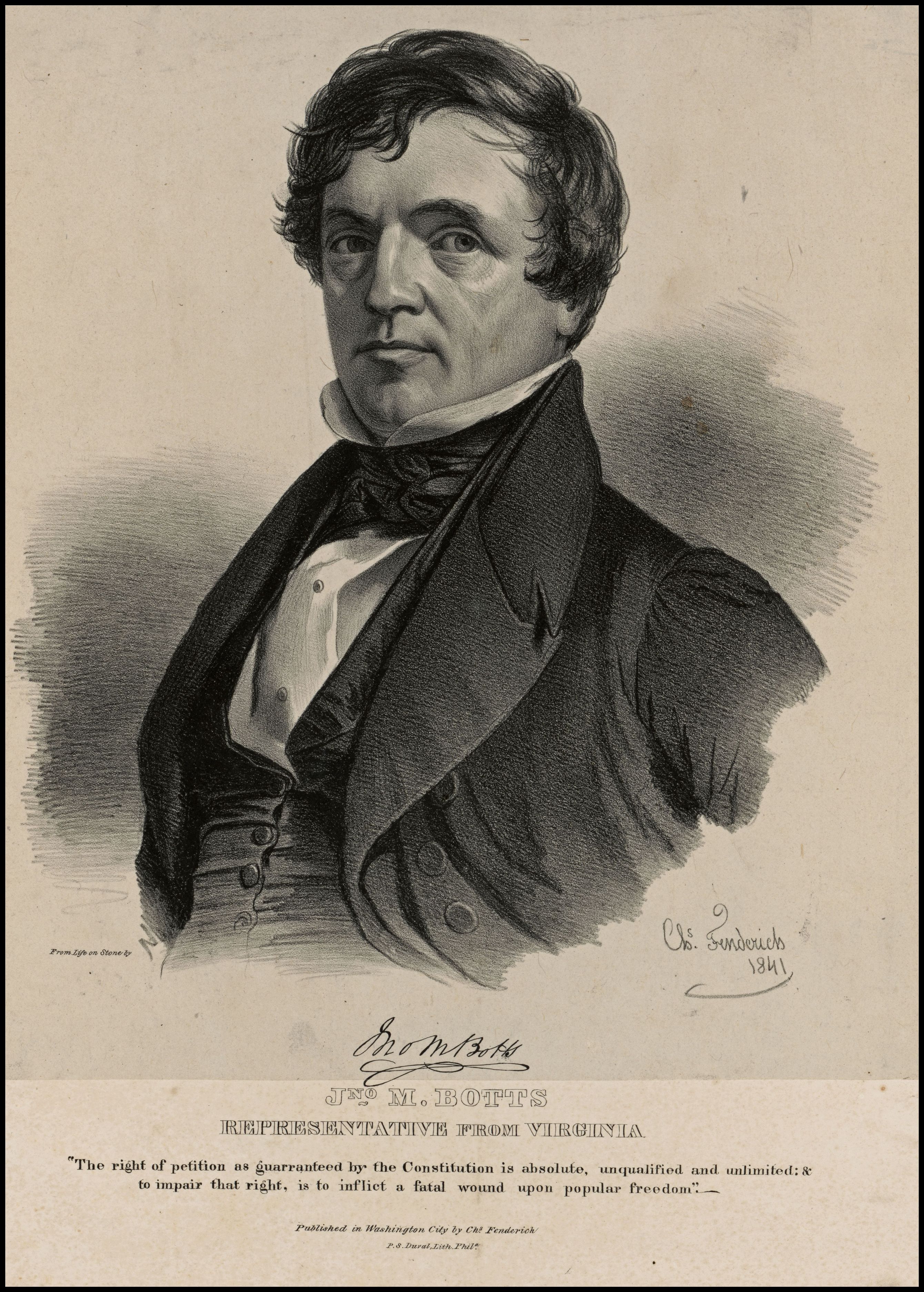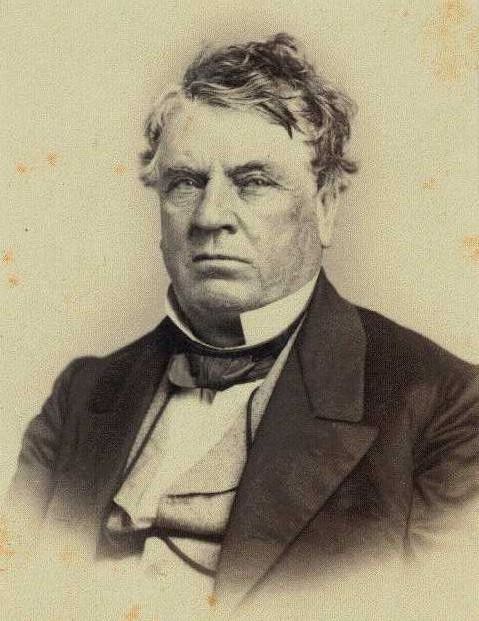Botts represented Henrico County in the Virginia House of Delegates from 1833 to 1839, and in 1838 was elected as a Whig to the United States House of Representatives. In Congress, Botts was one of the few southern representatives to oppose the "gag rule" prohibiting debate on antislavery petitions, arguing such a rule violated the constitutional right to petition the government and eliminated an important safety valve for sectional strife. Although a slaveholder, Botts vehemently opposed extension of slavery into the territories. Botts lost his re-election bid in 1842 (following redistricting after the 1840 census). Botts won election to Congress again in 1846 and served as chairman of the Committee on Military Affairs from 1847 to 1849, where he supported the Mexican War effort. (His firstborn son, Archibald, graduated from the United States Military Academy in 1846 and died in Mexico in 1847.) After losing his reelection bid, he served as a delegate to the Virginia Constitutional Convention of 1850 to 1851, where he argued for abolishing the death penalty, extending the voting franchise, and giving more voice to western Virginians. He remained active in local and national politics through the 1850s, and was considered briefly by some as a compromise Republican nominee for President in 1860.
He retired to his Henrico County farm in 1861 after Virginia declared its secession, but remained strongly Unionist in his sentiments. In March 1862, Botts and other Richmond Unionists were arrested and jailed. Botts spent eight weeks in solitary confinement, but was released after promising not to publish any more incendiary letters. In January 1863 he moved to his plantation, Auburn, in Culpeper County, where Botts entertained both Union and Confederate officers. In 1864, the Unionist state General Assembly at Alexandria attempted to elect Botts to the U.S. Senate, but he declined. He was a delegate to the Southern Loyalists' Convention in Philadelphia in 1866, and that year published his history of the War, "The Great Rebellion: It's Secret History, Rise, Progress, and Disastrous Failure." He remained politically outspoken until his death.
Botts represented Henrico County in the Virginia House of Delegates from 1833 to 1839, and in 1838 was elected as a Whig to the United States House of Representatives. In Congress, Botts was one of the few southern representatives to oppose the "gag rule" prohibiting debate on antislavery petitions, arguing such a rule violated the constitutional right to petition the government and eliminated an important safety valve for sectional strife. Although a slaveholder, Botts vehemently opposed extension of slavery into the territories. Botts lost his re-election bid in 1842 (following redistricting after the 1840 census). Botts won election to Congress again in 1846 and served as chairman of the Committee on Military Affairs from 1847 to 1849, where he supported the Mexican War effort. (His firstborn son, Archibald, graduated from the United States Military Academy in 1846 and died in Mexico in 1847.) After losing his reelection bid, he served as a delegate to the Virginia Constitutional Convention of 1850 to 1851, where he argued for abolishing the death penalty, extending the voting franchise, and giving more voice to western Virginians. He remained active in local and national politics through the 1850s, and was considered briefly by some as a compromise Republican nominee for President in 1860.
He retired to his Henrico County farm in 1861 after Virginia declared its secession, but remained strongly Unionist in his sentiments. In March 1862, Botts and other Richmond Unionists were arrested and jailed. Botts spent eight weeks in solitary confinement, but was released after promising not to publish any more incendiary letters. In January 1863 he moved to his plantation, Auburn, in Culpeper County, where Botts entertained both Union and Confederate officers. In 1864, the Unionist state General Assembly at Alexandria attempted to elect Botts to the U.S. Senate, but he declined. He was a delegate to the Southern Loyalists' Convention in Philadelphia in 1866, and that year published his history of the War, "The Great Rebellion: It's Secret History, Rise, Progress, and Disastrous Failure." He remained politically outspoken until his death.
Bio by: Jeffry Burden
Family Members
Advertisement
See more Botts memorials in:
Explore more
Sponsored by Ancestry
Advertisement
